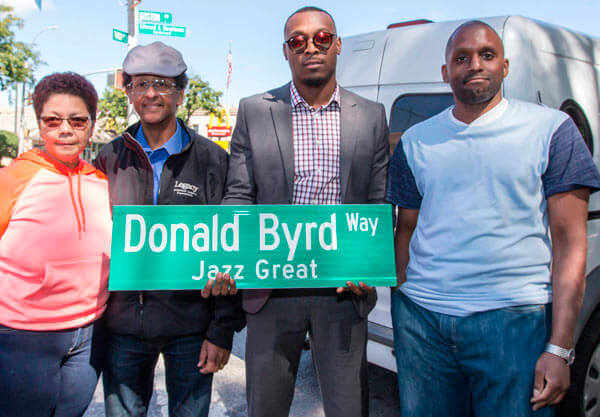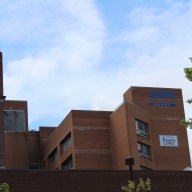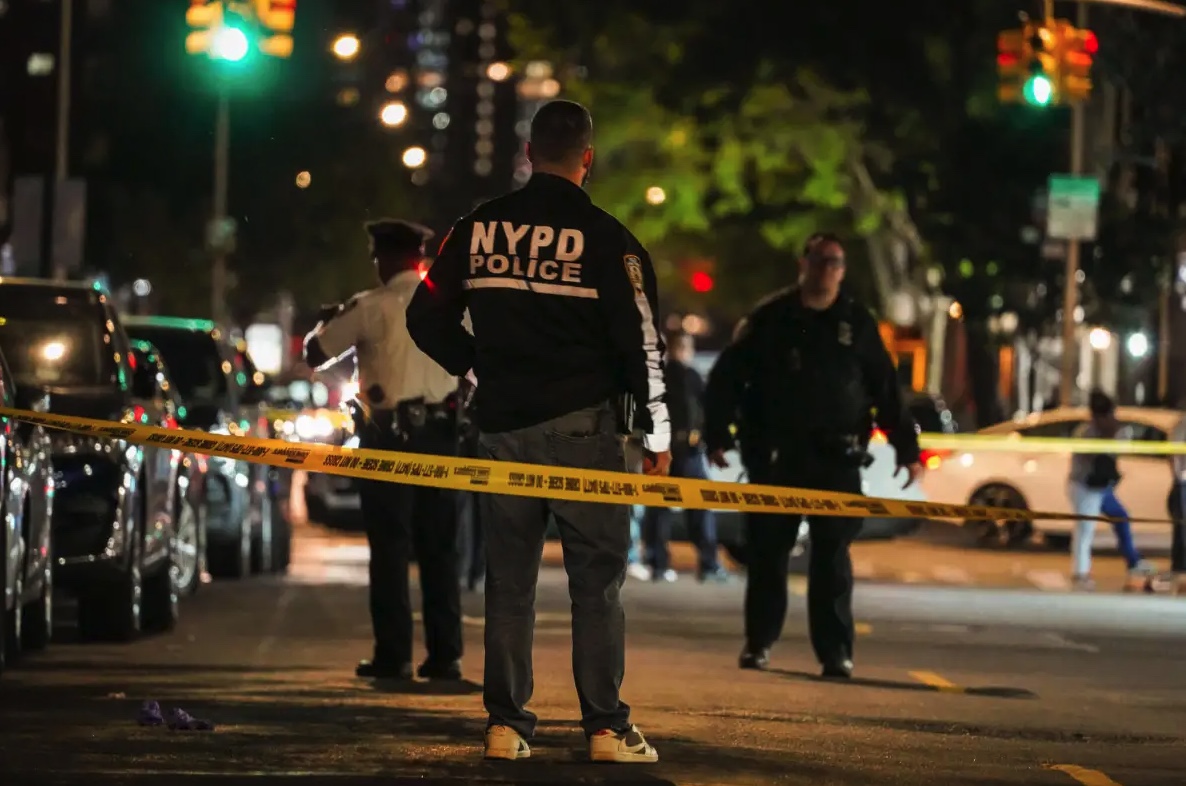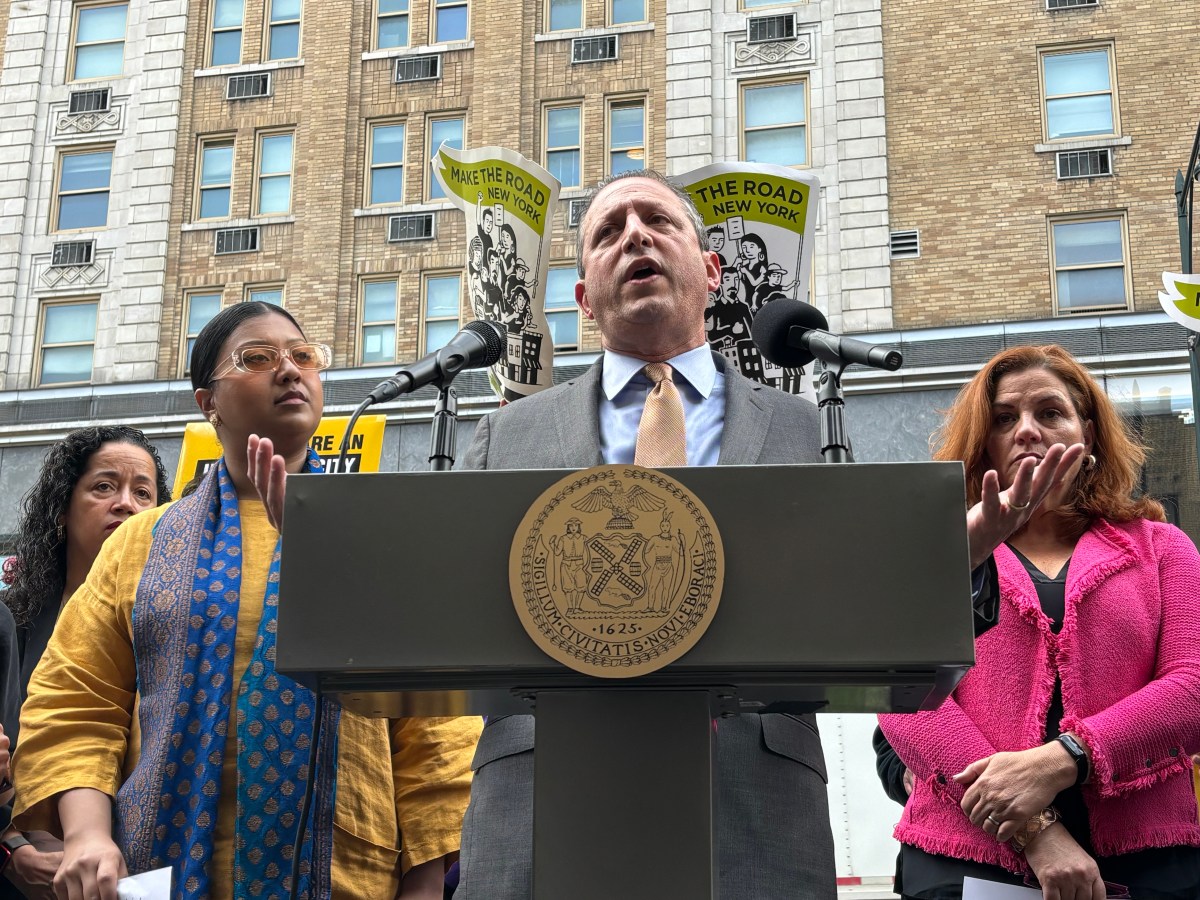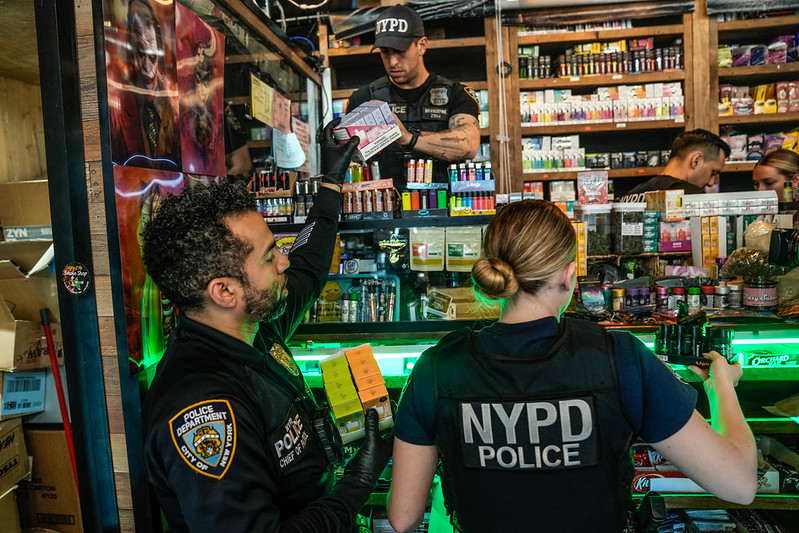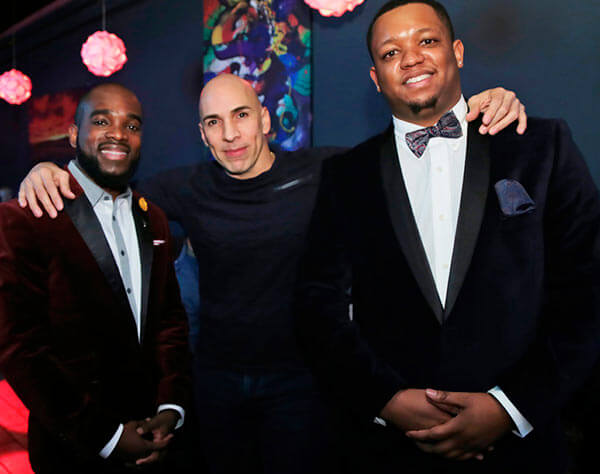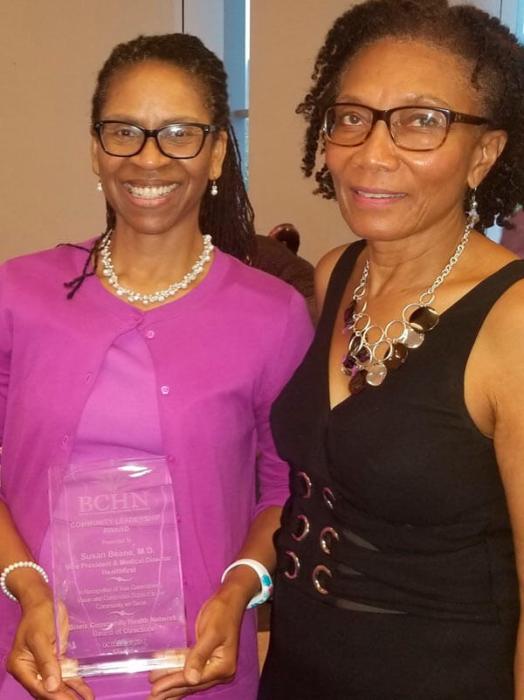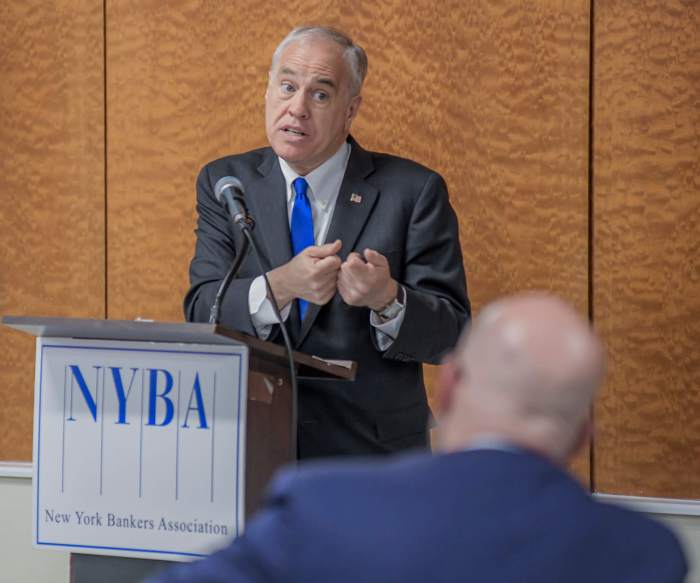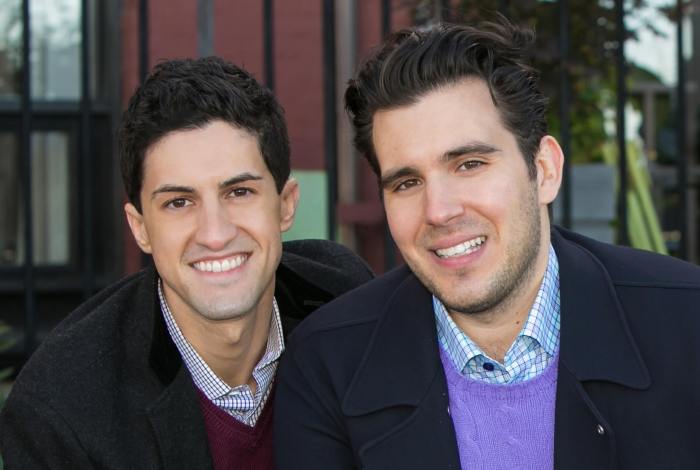One of the borough’s most famous musicians has been immortalized with a street renaming.
Donald Byrd II was one of the most prominent jazz trumpeters of the 1950s and 1960s, and would later pioneer the fusion style that incorporated R & B and other influences, further cementing his influaence on the great American genre.
The corner of Teasdale Place and Boston Road was renamed Donald Byrd Way on Saturday, September 9.
Byrd died in 2013 at the age of 80 with hundreds of influential recordings under his belt.
As a member of Art Blakey’s Jazz Messengers, Byrd played alongside John Coltrane, Sonny Rollins, Max Roach and many other jazz legends.
He found further success as a solo artist and a bandleader through the seventies, releasing 24 albums on the prominent Blue Note label alone.
Byrd scored his biggest hit with the 1973 album ‘Black Byrd,’ a defining entry into what would later be known as Jazz Fusion.
The album reached number 88 on the Billboard album chart.
Bronx author and historian Bob Gumbs said Byrd was among a slew of jazz musicians that once called the borough home.
“Maxine Sullivan, Henry ‘Red’ Allen and Elmo Hope all made their homes in Morrisania, which is something that a lot of people are not aware of,” he said.
Byrd arrived in New York with his family in 1956 from Detroit and settled in the Teasdale Place development, Gumbs said.
He first took a job teaching music at a local junior high school.
While the Bronx was a popular place for jazz musicians to call home, Gumbs said it was also a hotspot for jazz clubs in its own right.
“There were a number of clubs like Club 845, Freddie’s, Blue Morocco and Hunts Point Palace and Boston Road Ballroom – all venues for jazz performers,” he said.
Byrd also served as a mentor to Herbie Hancock, one of the most famous jazz pianists who has also enjoyed crossover mainstream success.
Gumbs said Byrd opened his home to Hancock when he first arrived in New York from Chicago.
Donald Byrd III has been continuing his father’s legacy through The Donald Byrd Cultural Foundation.
The foundation sponsors music and artistic productions for youth.
Byrd said his father is best remembered not just as an artist but also for his contributions to jazz studies and education.
Byrd spent much of his life teaching and studying jazz at universities across the country, and was an avid collector of African-American Art.
He introduced jazz studies to numerous colleges and founded the program at Howard University where he recorded with a group of student musicians, the Black Byrds.
“It’s not so much musical education as cultural education,” Byrd said. “We’re looking at bridging music with social studies, mathematics and art. We want to show youth that today’s music, like rap, stems from jazz – Jazz is America’s true art form.”

